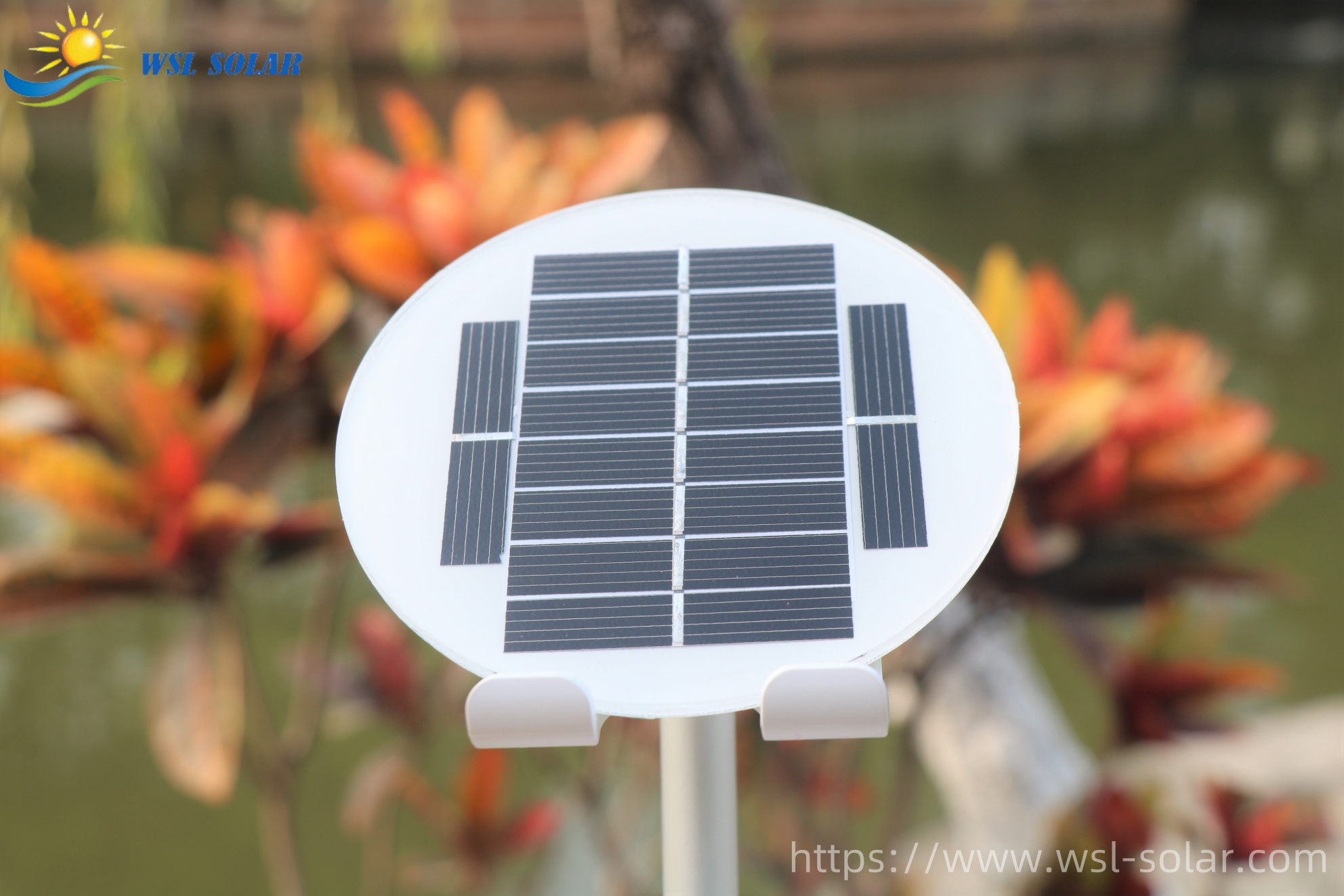Choosing a custom solar panel for an IoT device involves a comprehensive evaluation of various factors related to the device's power requirements, environmental conditions, and the solar panel's specifications. Here is a detailed guide to assist you in making an informed decision.
 Understanding Power Requirements
Understanding Power Requirements
Determining the power requirements of your IoT device is critical. This involves assessing the device's functions, such as data processing, acquisition, transmission, and user interaction. It's essential to measure the current draw in different operational states, including active and sleep modes, to estimate total power consumption. This understanding will help you calculate the required power output of the solar panel to ensure uninterrupted operation.
Assessing Environmental Conditions
The solar panel's performance is significantly influenced by the environmental conditions in which it will operate. Consider the availability of light, both natural and artificial, as this will affect the solar panel's energy harvesting capability. It's essential to evaluate the sunlight exposure at the location of installation, determining the average hours of sunlight per day, and accounting for potential obstructions or shading that may impact performance.
Specifications of the Solar Panel
When selecting a solar panel, key specifications to consider include:
Output Voltage and Current: Ensure that the solar panel's output voltage and current align with your IoT device's requirements. For instance, a panel might have outputs of 4VDC, 5VDC, or 12VDC, depending on the application.
Efficiency Rating: Higher efficiency solar panels convert a greater percentage of sunlight into usable energy, which is beneficial in limited light conditions. As of 2024, solar panels typically range from 19% to 24% efficiency, with some premium options exceeding this thresholdand.
Size and Form Factor: The physical dimensions of the solar panel must suit the design and constraints of your IoT device. Custom solutions may need smaller or more uniquely shaped panels that fit within the device's enclosure.
Durability and Environmental Rating: If the IoT device will be exposed to harsh conditions, selecting a solar panel that is weather-resistant or has an IP rating (e.g., IP67 for waterproofing) is critical.
Integration and Connectivity
Consider how the solar panel will connect to the IoT device. Look for specifications on connector types and compatibility, ensuring that the wiring can support the necessary current without loss. Furthermore, efficient energy management systems may be required to control the charging and discharging process, which includes the use of power controllers that prevent overcharging and ensure operational safety.
Cost and Return on Investment
Lastly, it is essential to evaluate the cost of the solar panel against your budget and the potential return on investment. While higher efficiency and custom features may demand a higher upfront cost, they can lead to significant savings in energy and maintenance over time. Consider the long-term benefits such as reduced reliance on traditional power sources, lower operational costs, and enhanced sustainability.
By considering these factors carefully, you can select a custom solar panel that meets the specific needs of your IoT device, ensuring efficient and reliable operation in its intended environment.
WSL Solar has been a quality and professional manufacturer of
custom solar panels, solar mini panels, IoT solar panels and solar solution provider in China since 2006.
